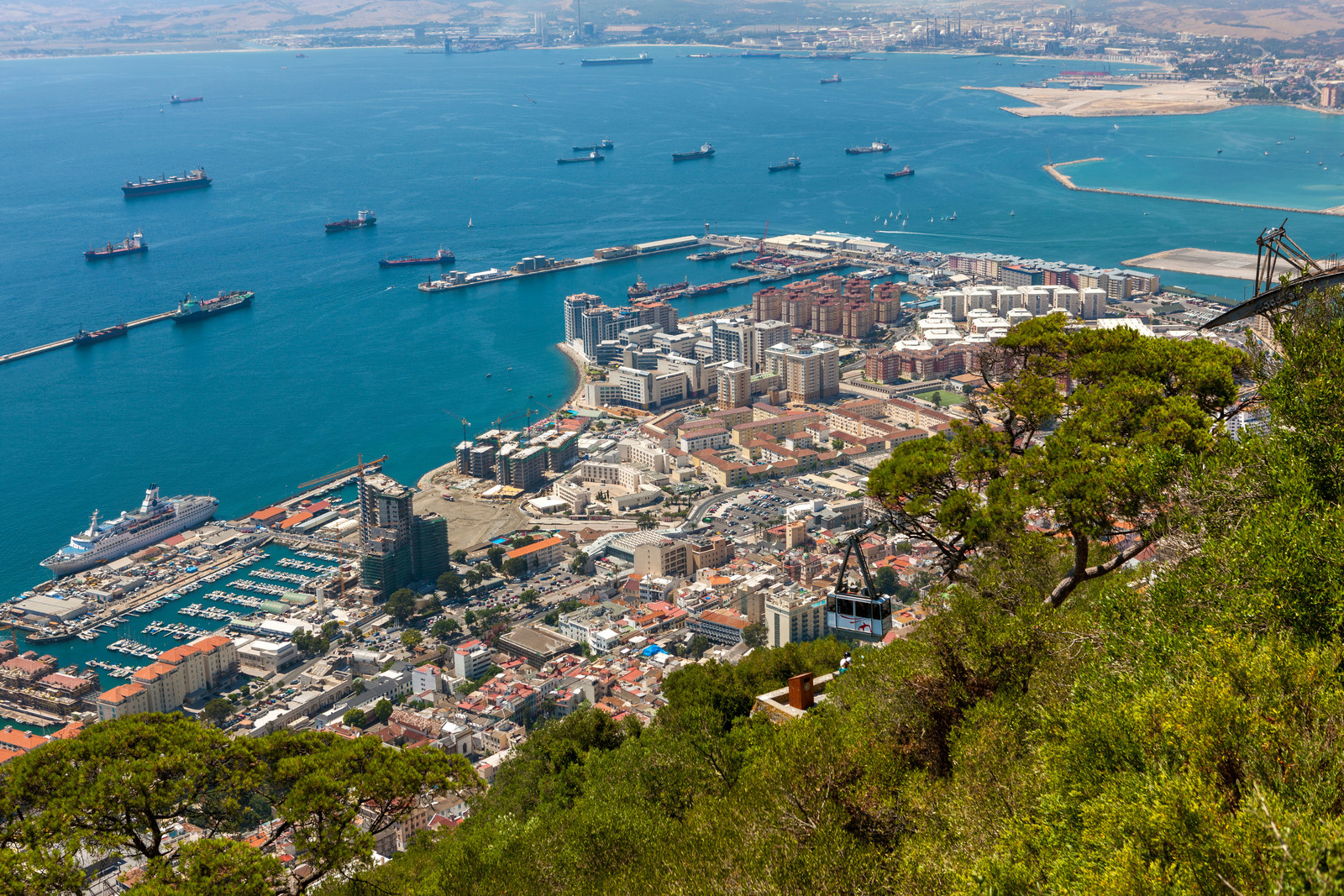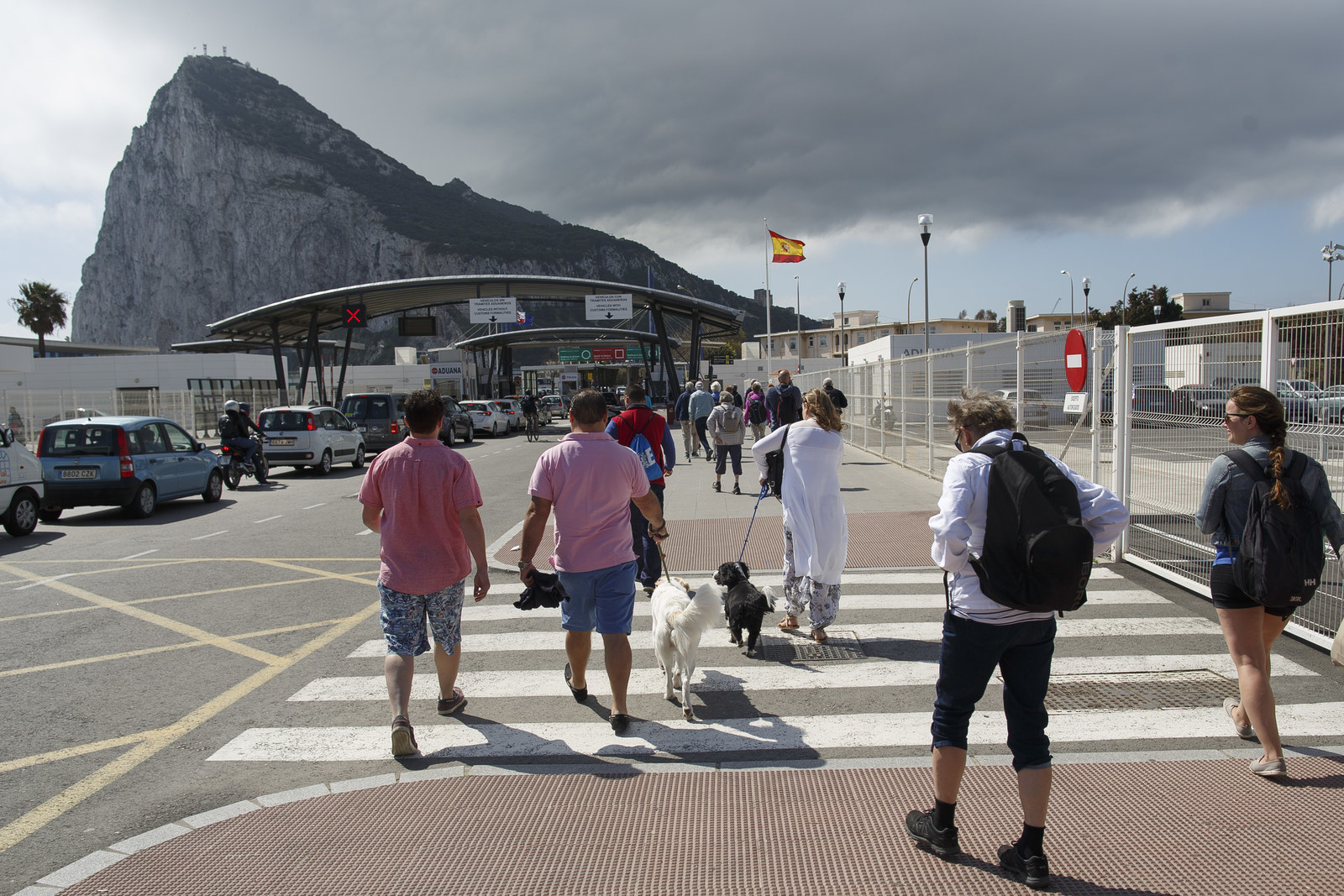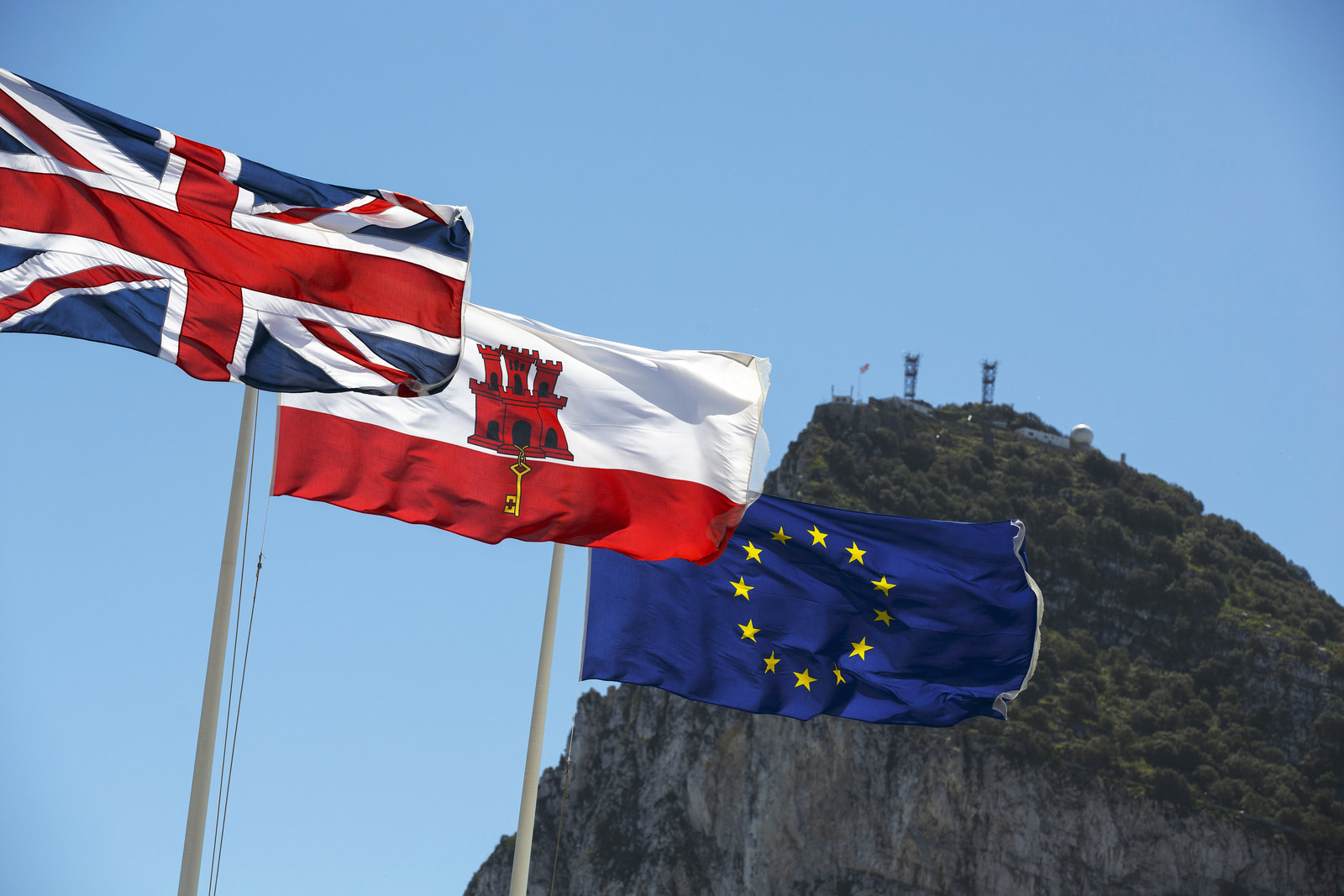Gibraltar is equal parts beautiful and bizarre, created through treaty in the 18th century as a little slice of England dozens of miles from the Costa del Sol. Today more than 32,000 people live in the shadow of the Rock of Gibraltar from which the British overseas territory takes its name.

More than 300 years after the Treaty of Utrecht was signed, the Rock remains true to the spirit in which it was first established – an outpost of traditional British culture. Most Gibraltarians are bilingual but speak English with clipped accents, use the pound sterling as currency, and shop in the local Waitrose and Debenhams.
But while this may have a comforting air for many, an altogether darker aspect lurks within Gibraltarian society. Women on the Rock have extremely limited reproductive rights: Abortion is illegal and the morning-after pill is severely restricted.
The 1967 Abortion Act that enabled women in Britain to access terminations in certain circumstances does not apply in Gibraltar, which is self-governing in all affairs, foreign policy and defence aside. Unless a woman’s life is in immediate danger, she cannot have an abortion under any circumstances, including in cases of rape and incest.
Women told BuzzFeed News the small, confined, and at times claustrophobic community on Gibraltar meant their behaviour and bodies can be closely scrutinised. In a tiny area, measuring just 2 miles across, it is difficult to make a doctor or hospital appointment without bumping into staff or fellow patients whom you know, and who may feed back information of your trip to your friends and family.

Although abortion is not legal in Gibraltar, that does not mean it does not happen. No official data is compiled, but local women say many travel to Spain for abortions and the morning-after pill. Many worry that after Brexit, when Gibraltar will leave the EU too, this will get a lot harder, or even outright impossible. Gibraltarians can currently go to Spain by passing through checkpoints with their passports, in a process that takes around 20 minutes.
However, locals fear they may be required to get visas to go to Spain after Brexit, or face long queues due to time-consuming border controls. Older residents remember when the border was closed entirely due under Franco’s regime, and they were cut off totally from Spain. Some fear that women who currently go to Spain for abortions or the morning-after pill will face long queues, delays due to visa processing, privacy invading questions from border police, or outright refusal of entry.

One local, Alicia (whose name was changed to protect her identity), told BuzzFeed News: “When I was pregnant with my son, the doctor here in Gibraltar told me he had a serious disability. It is not really allowed, but the doctor said to me, 'If you want an abortion, we can do it quietly – we will fly you to the UK or you can go to Spain and it will be done for you there.'”
Alicia decided against terminating the pregnancy, but she said she believes the option should be there for women to decide: “I did not have it but I do not have a problem with other women deciding they do. It is up to each woman to decide what is right for her situation.” She expressed fears that after Brexit even this limited option of traveling out of Gibraltar will be shut off or made much harder.
Whereas emergency contraception is available to buy over the counter in pharmacies in the UK, women and girls in Gibraltar must get a prescription from their GP that they then take to a pharmacy or chemist in order to access the pills.
In one pharmacy in Gibraltar, three pharmacists, all of them women, quietly stacked boxes and chatted while fanning off the stifling heat with a brochure. At the mention of abortion, they sprung to life, speaking in hushed but urgent tones: “It is illegal here, but it still happens, of course. It is very hush hush. Women in Gibraltar go across the border to Spain to have abortions there. They go over in the morning, get abortions in private hospitals in Spain in the afternoon, and come back to Gibraltar at night.”
One said: “What will happen after Gibraltar leaves the EU too? We just don’t know. Will women still be able to get in to Spain to get abortions there, or will they need long border queues or a visa? No one knows.”

She added that this is particularly worrying when it comes to the morning-after pill.
Women often go to Spain to get it, where it is purchasable over the counter, but women have a limited time frame in which to take the pill for it to work. Additionally, the sooner it can be taken the more effective it is as preventing an unplanned pregnancy.
The pharmacists feared long border queues may mean women cannot get over to Spain within the required timeframe. “Many GPs are men and are patriarchal. They refuse to give the morning-after pill on moral grounds. So if you cannot get a prescription, you cannot get it and you must go to Spain," one said. "At the moment they can go out and get across the border to take the pills in time. Coming from Spain to Gibraltar this week, we have seen two hour queues each way to cross. Brexit has not happened yet, will this get longer once it does? Will women get to take pills in time, we don’t know.”
One Gibraltarian woman in her twenties also said that many women opt to travel to Spain because they fear GPs refusing it to them on moral grounds, or they want to buy it discretely away from the prying eyes of their close-knit community. She said: “Gibraltar is tiny and people talk so everyone knows everyone’s business. If you go to a clinic or a hospital, people from our community will see you there, they will say to your grandmother the next time they see her, ‘Oh I saw so-and-so at this clinic, why was she there?’ That puts women off.”

While many countries ban reproductive rights for women on religious grounds, attitudes in Gibraltar appear to stem from more traditional values and social conservatism. This includes attitudes towards abortion and contraception which Britain left behind decades ago.
A 29-year-old originally from Herefordshire in England but living in Gibraltar, said: “Society here is very conservative because there are lots of religious groups. Women are used to being sent away for stuff like abortions and the morning-after pill. It’s just what happens. Older women are very used to it but I think younger women are questioning it more. We don’t know what will happen to the border after Brexit – it’s very complicated and I don’t follow all the politics of it so it’s hard to know.”
Some women speculated that if Brexit curtails freedom of movement for them in Europe, they would instead be expected to fly to the UK mainland for abortions or the morning-after pill. However, flights are three hours long each way and cost hundreds of pounds, meaning such an option would likely only be available to wealthy women. The journey would also likely be arduous and uncomfortable after an operation.
Despite women’s concerns, the issue has not yet featured in discussions around Brexit. When asked if they expected the issue to be addressed prior to EU withdrawal, the consensus among women BuzzFeed News spoke to was that social conservatism in Gibraltar meant it would not be brought up by local politicians, and lack of awareness in the UK meant MPs in Westminster were unlikely to realise it was an issue and ensure it was discussed.
Annette Tonbridge, a 63-year-old pharmacist who described herself as “absolutely feminist”, said she did not expect women’s reproductive healthcare will be on the UK government’s mind as it secures a Brexit deal. She said: “Brexit is so complex. We have a list of a thousand different things we need to sort before leaving the EU, healthcare, peace, jobs... the morning-after pill is point 1,000 in the hierarchy of things to address.”
Tonbridge added: “People in England don’t realise what life is like here. They learn nothing about Gibraltar in school, nothing. I never cease to be amazed at the ignorance. They don’t know anything about us, their people or their politicians, so I do not have hope for a Brexit deal which takes Gibraltar into account.”
When approached by BuzzFeed News, a spokesperson for the Gibraltar government declined to comment on whether it would raise the issue of women’s reproductive healthcare in discussions with the UK and the EU surrounding what Brexit means for Gibraltar. A spokesperson said: “The government of Gibraltar does not believe that there will be any material change in the ability of Gibraltar residents to visit Spain as a result of Brexit. Of course, Gibraltarians will always have the ability to visit the UK whenever they wish.”
A spokesperson for the Department for Exiting the European Union told BuzzFeed News that they were unable to comment on the issue in depth as internal legislation is a matter for the Gibraltarian government, and stressed that conditions for the Gibraltar–Spain border have not yet been decided. They said: “We will work to ensure the best possible outcome for the people of Gibraltar, with a well functioning Gibraltar–Spain border one of the top priorities.”

